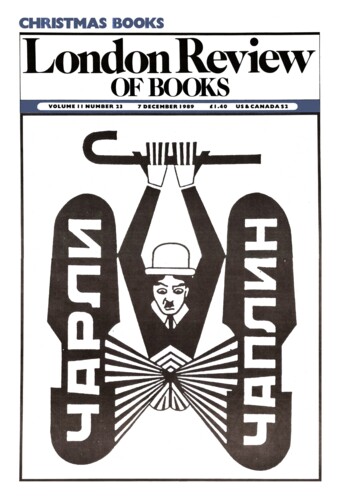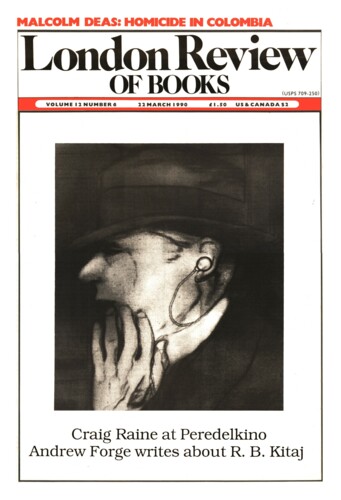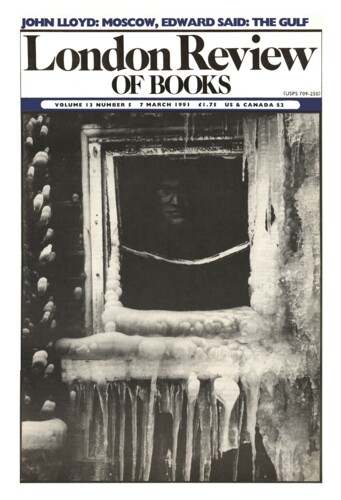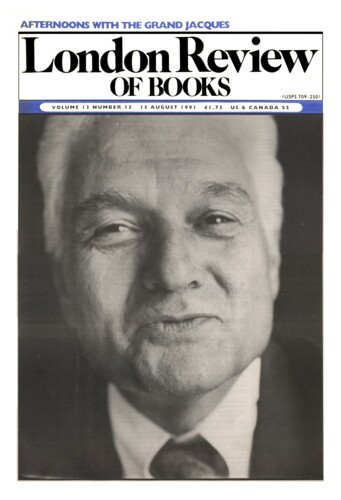My first paid job after leaving Oxford with what we used to call a ‘good’ second (did you ever meet anyone who got a ‘bad’ second?) was as a research assistant at the London School of Economics. My duty was to seek out suitable material for inclusion in a volume of documents illustrating the development of Labour Party policy from 1900 to 1945. A major source of such material was, of course, the speeches delivered by leading Labour politicians in the House of Commons. So one of my tasks was to wade through Hansard for the entire period, looking for significant utterances which could be held either to have changed Labour Party policy or to have influenced its creation. Sitting in the LSE library with the bound volumes, I developed a subliminal ability to spot a possible candidate for the book while my mind wandered to other things. A little bell would go off in my head, and I would be jerked back from daydreams about the girl at the next desk.
My first paid job after leaving Oxford with what we used to call a ‘good’ second (did you ever meet anyone who got a ‘bad’ second?) was as a research assistant at the...





